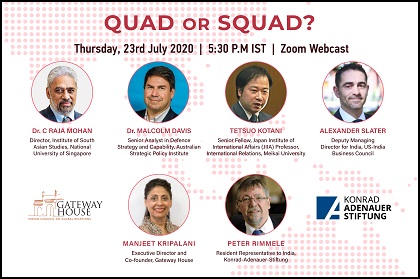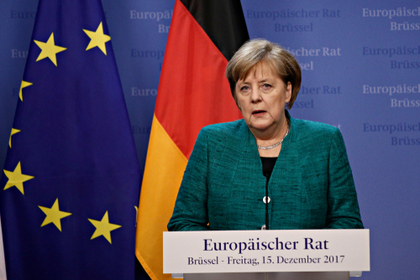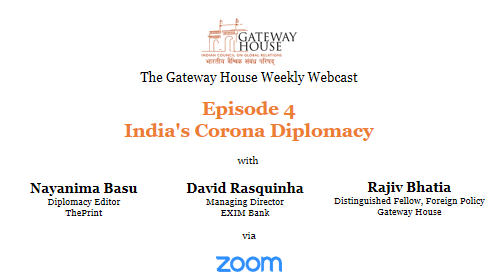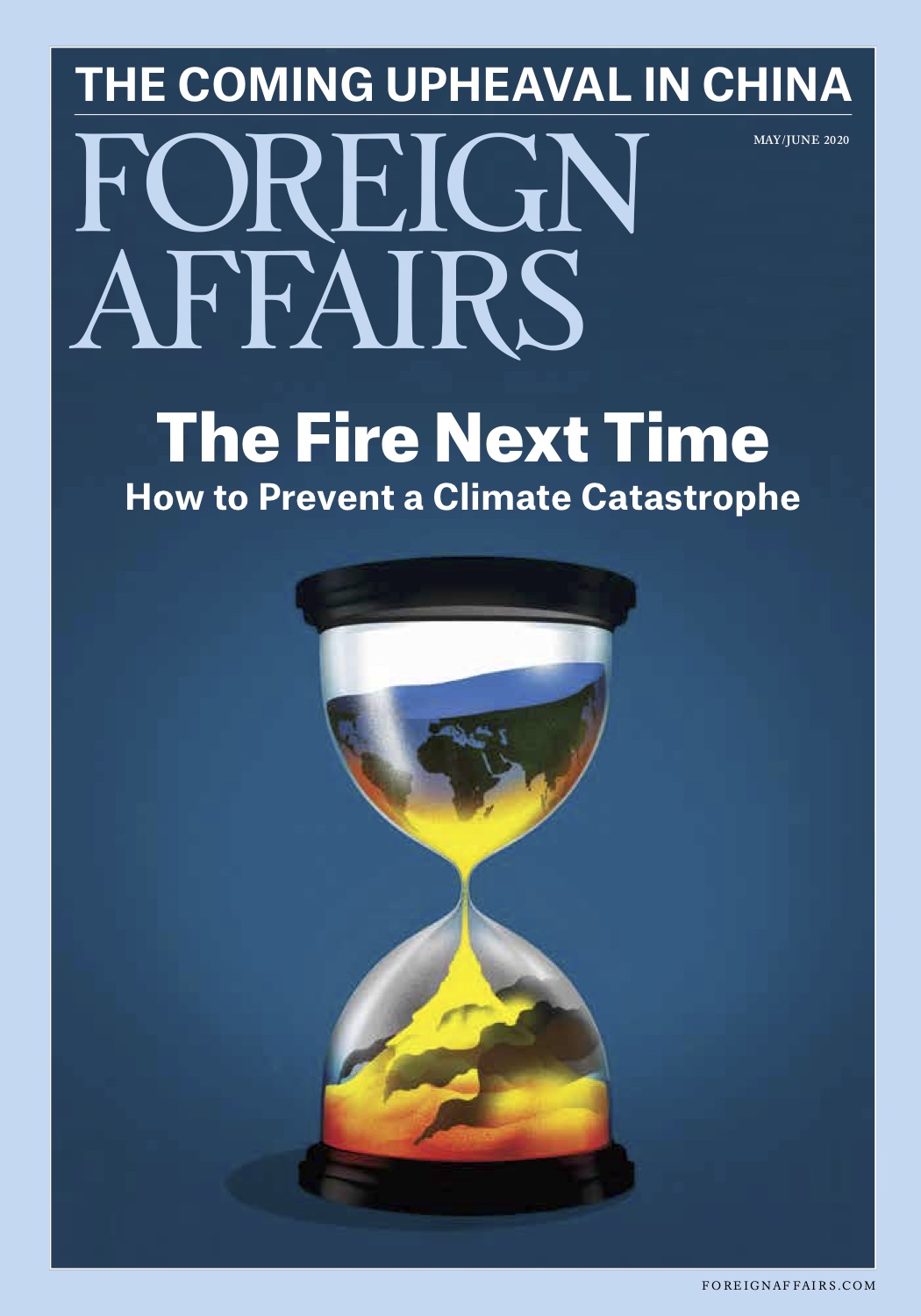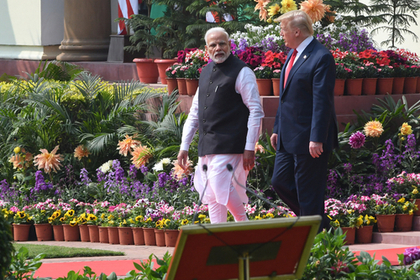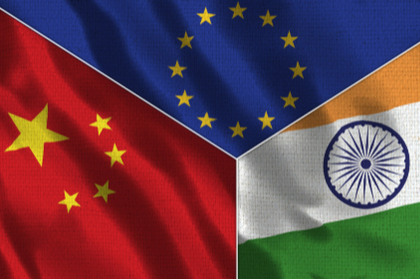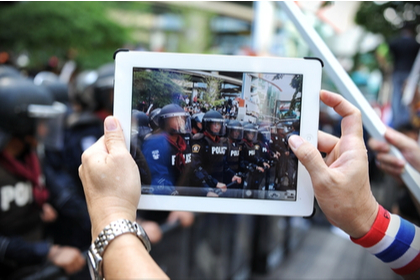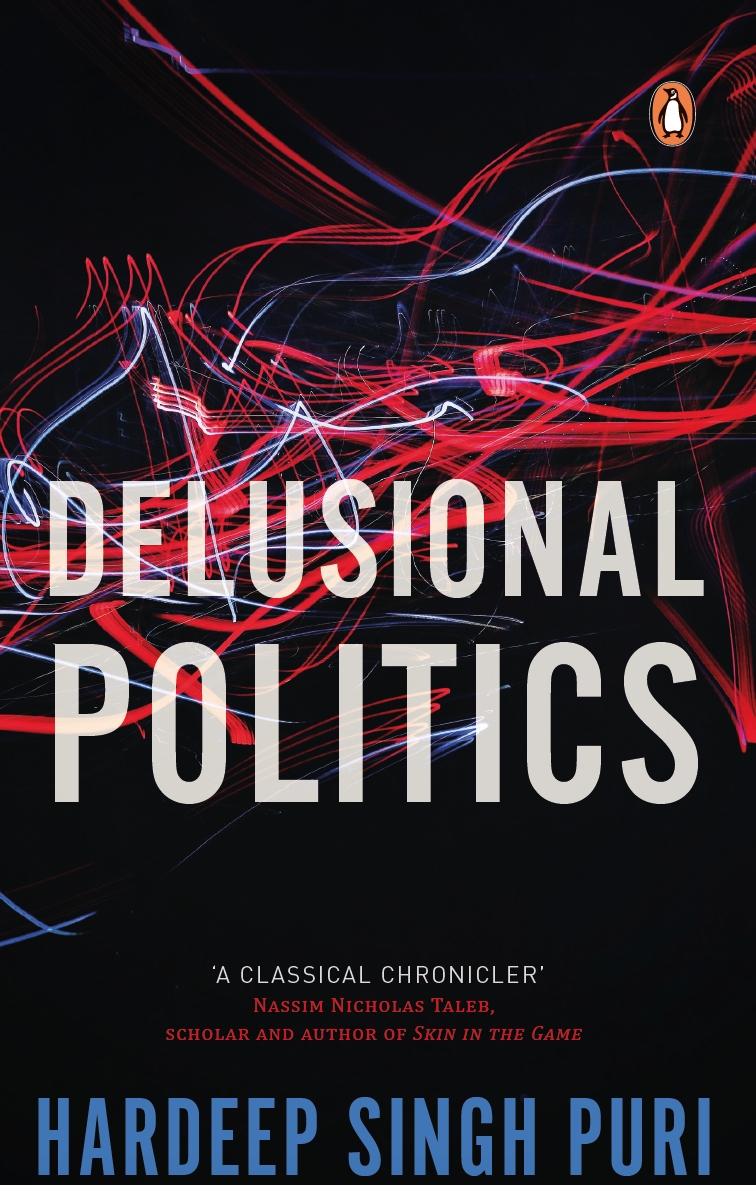Gateway House – KAS Webinar: QUAD or SQUAD?
On 23 July, Gateway House co-hosted a webinar with Konrad-Adenauer-Stiftung on QUAD or QUAD?. The panel included Dr.C Raja Mohan, Dr. Malcolm Davis, Tetsuo Kotani, Alexander Slater, Peter Rimmele and Manjeet Kripalani

